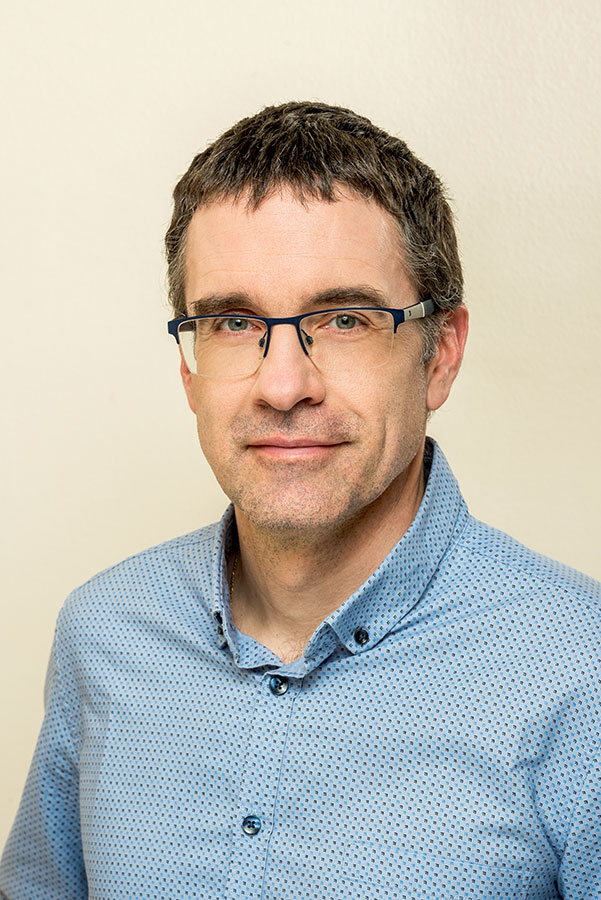“It is worth investing time and energy in building relationships with researchers” – interview with Tamás Mizik

How does one become an agricultural economist, why is this area of economics so fascinating to you?
I graduated in finance from the predecessor of Corvinus, and I was already very interested in agricultural policy and economics. My parents and my brother are both agricultural engineers, so for me, the interest in the field runs in the family. When I graduated, I didn’t have a clear idea of where I wanted to go next, and I thought that a PhD would be useful because of the networking and the deeper knowledge it would give me. At that time, the Department of Agricultural Economics had even more active international collaborations than now, and during my PhD and junior research years I was involved in more than ten major international research projects. I made a lot of valuable professional contacts during those years, which I can still make use of today, and which also launched me on my research career.
You have twice spent several months in the United States doing research. How did these periods abroad contribute to your professional development?
My main areas of research are agricultural policy and agricultural trade, but I am also more deeply involved in biofuels, and recently I have started to do more research on precision agriculture. In 2010/11, I spent 11 months in the USA with the University’s Visiting Scholar programme. Later I went back to America on a Fulbright scholarship. I established important professional contacts during these programmes. Even since then, if I have any research questions about the United States, I have American colleagues to turn to. As I enjoy working for Corvinus, I have always thought in spending a maximum scholarship period of six-month abroad at a time, not a more permanent assignment. However, personal networking is very important in this profession. We can publish in high quality journals with good international co-authors, and we will be invited to partner in consortia if we have invested the time and energy to build and maintain our professional relationships. This is perhaps the most important message for young researchers at the beginning of their careers.
How can you reconcile research and teaching?
For me, the two are inseparable. In the past, for example, I have been involved in the development of several teaching materials, which I have used in my classes. In everyday life, the difficulty may be more in reconciling the two areas in terms of time. As for continuous publication, over the years I have found it expedient to try to work on several articles at the same time, preferably with co-authors, at different stages of preparation. This is also a good way to put aside the papers for a while and let them mature. Another thing I can recommend to early career researchers is to publish with co-authors. Not only because two half-authored articles are worth more than a single authored one, but also because you are more motivated if you can work with co-authors and you can produce more publications.
You have taught at Corvinus for almost twenty years. How have the students changed during this period?
In the last ten years in particular, student expectations have changed a lot. On the one hand, students have a greater need for interactivity, but on the other hand, for teachers, it is much more difficult to retain their attention. I’ve noticed that for my current students, the ninety minutes of material that I used to deliver are indigestible. It is much more useful to provide them with short films, videos and other interesting facts related to current research to enrich their learning materials.
You have been teaching and researching at the University since the beginning of your career, what does the Corvinus professional community mean to you?
I think we have a lot of freedom in a good sense at university. Our classes must be of a decent standard, but apart from that I can do research about what I am interested in, nobody interferes. I have been teaching at the university since I completed my doctoral studies. I have always been able to count on my colleagues, but I would like to single out Professor Csaba Csáki, a world-renowned agricultural economist, to whom I owe a lot. He helped me find a host institution for my application to the United States. Many of my students are now colleagues at the Institute and we are working together on several research projects. We form a good professional micro-community where we can always count on each other.